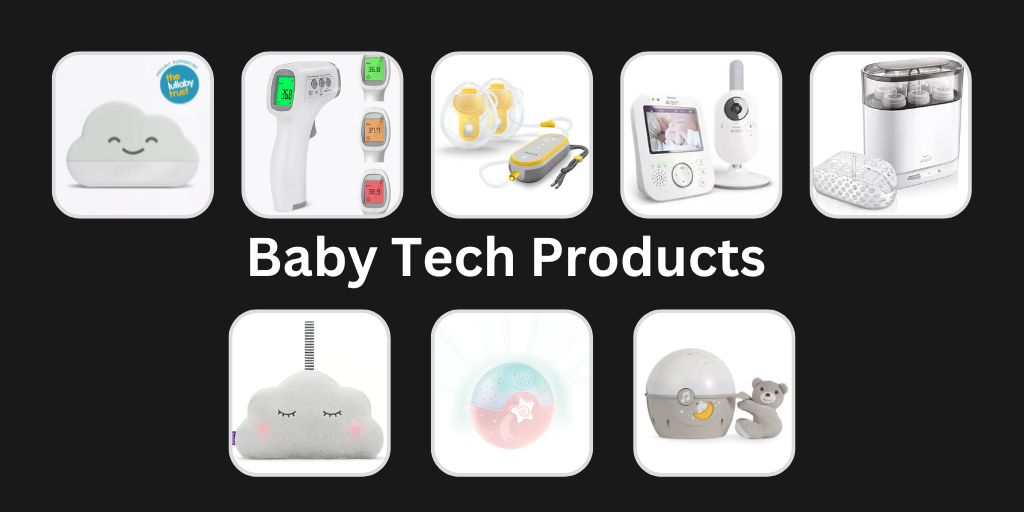
According to the Healthcare Stem Education report from the University of Iowa, innovation in healthcare technology means that by 2020, the total amount of healthcare knowledge is expected to double every 72 days. These new technologies have the potential to relieve huge amounts of pressure on an increasingly overstretched health service but navigating these changes will not be a simple task.
For example, Artificial Intelligence (AI) is transforming healthcare in a variety of beneficial ways, from streamlining workflow processes to making more precise patient diagnoses. However, it is important that healthcare professionals are informed about the ethical, social, and legal implications of embedding this type of technology into patient care.
Accessible online learning will form a crucial part of managing this accelerating pace of change – with courses such as AI for Healthcare: Equipping the Workforce for Digital Transformation designed specifically to equip healthcare professionals with the knowledge and skills to work effectively with new technologies and maximise their positive impact.
New problems
In 2020, the type of health issues we are facing are very different from 50 years ago. In line with this, the approach to healthcare and treating disease also needs to change.
The global population is aging at an alarming rate. According to the Global Health and Aging report from the World Health Organisation (WHO), the number of people aged 65 or older has outnumbered children under five since 2018 and is projected to grow from an estimated 524 million in 2010 to nearly 1.5 billion in 2050.
As the population ages, long term conditions such as cancer, dementia, diabetes and heart disease become more and more prevalent, and comorbidity (multiple conditions) also becomes more common. The Centers for Disease Control and Prevention reports that approximately 85 percent of older adults have at least one chronic health condition, and 60 percent have at least two chronic conditions. This brings further complexity, both for the individual, and from the perspective of providing care.
The longstanding approach of focusing on a single disease area is no longer fit for purpose and the healthcare system is being forced to adapt in a number of ways to manage these challenges.
New solutions
‘The traditional model of treating illness has to shift to one of prevention, that means individuals taking more responsibility for their own health and wellbeing, with the ambition of more people living longer, healthier, active and independent lives.’ – Margaret Willcox, President of the Association of Directors of Adult Social Services (ADASS).
Wilcox points out that one of the most important changes is an increased focus on empowering patients to take an active and informed role in developing and understanding their own care plans. This is where technology can play a role, particularly online resources.
The education technology (edtech) industry has experienced huge growth over the past decade with global edtech spending set to increase from $152 billion in 2018 to $342 billion by 2025. The edtech influence has changed the shape of education and resulted in an increased focus on lifelong learning. Thanks to an influx of accessible online courses, people are able to take on independent, flexible learning to benefit their lives professionally and personally.
Patients can make use of online courses in a number of ways. Firstly, informative, accessible courses created by clinical experts that centre on long term conditions can equip individuals, post diagnosis, with the knowledge to self-manage illness and therefore reduce hospital visits etc. For example, Newcastle University runs an online course titled Dementia Care: Living Well as Dementia Progresses which aims to empower those living with dementia to understand the condition and prepare for the future.
Secondly, courses that cover topics such as nutrition and the benefits of exercise can help foster a culture of disease prevention. The impact of this should not be underestimated, particularly given that poor diet, increased alcohol consumption and inadequate levels of physical activity are risk factors for some of the most prevalent chronic conditions such as heart disease and diabetes. Online resources such as the four-week Nutrition and Wellbeing course from the University of Aberdeen can help promote an understanding of the relationship between lifestyle and disease.
Upskilling the professionals
Shifting healthcare needs also impacts the demand for particular healthcare roles and areas of expertise. For example, in the western world, there is an increasing demand for specialist cancer knowledge and less need for expertise on health issues such as infectious diseases.
Due to an increase in those managing chronic conditions, nurses and social care workers are in particular demand. Research published by the Lancet Public Health medical journal indicates that this growing need is largely tied to the increasing prevalence of dementia. Between 2015 and 2025, cases of disability related to dementia is expected to rise by 40% among people aged 65 to 84, with other forms of disability increasing by about 31%.
The King’s Fund and the Nuffield Trust have projected that on current trends, in 10 years’ time, the NHS will have a shortfall of 108,000 full-time equivalent nurses and so finding new and innovative ways to rapidly bring nurses to the profession is a matter of urgency. Similarly, it is vital that existing healthcare professionals are able to easily update their skill sets in line with evolving medical demands and new technologies.
With this in mind, giving healthcare workers access to a wealth of regular learning opportunities is all the more important. Online courses provide a space for clinicians to make sure their technical knowledge and skills are up to date, but also to gain insight into patient experience and how to provide better care. At FutureLearn.com, we hear directly from our healthcare learners about how they value the social aspect of our online courses, as it allows them to learn not just from their fellow clinicians but from a strong patient voice.
Edtech enables this kind of shared learning experience, bringing together people from all walks of life in an online space, to learn from one another. More and more we see the comments sections of news websites attracting the most traffic and people turning to social media platforms to stay up to date with world events – the appeal being that they can have their say and see what others are thinking too. Online learning can, and should, play into this trend; fostering collaborative online social spaces and, as a result, revolutionising the approach to healthcare and treatment plans as we know it.
Looking forward
Willcox warns that ‘unless a long-term sustainable solution is established to tackle significant sector pressures, a rising number of elderly and disabled people […] will struggle to receive the personal, dignified care they depend on and deserve.’









